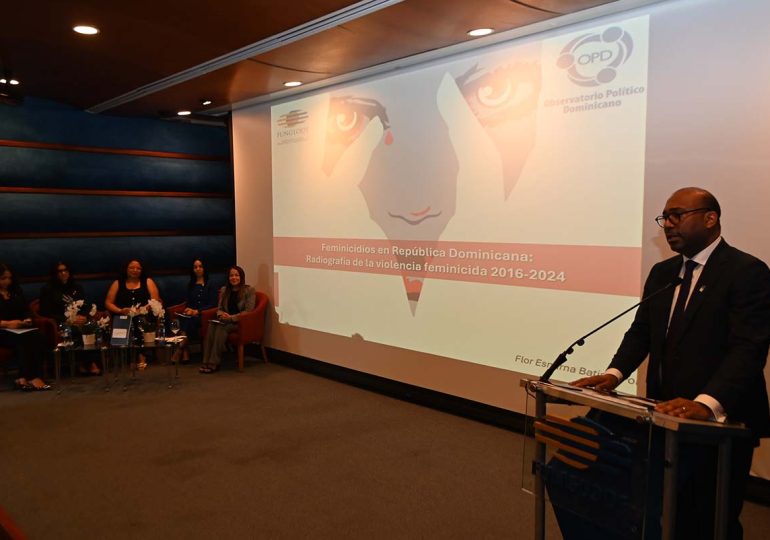In a groundbreaking event held at the Funglode Auditorium in Santo Domingo, the Global Foundation for Democracy and Development (Funglode) unveiled a comprehensive study titled ‘Femicides in the Dominican Republic: X-ray of Femicidal Violence 2016–2024.’ The report, presented by the Dominican Political Observatory (OPD) under the leadership of Nathanael Concepción, delves into nearly a decade of data on gender-based killings in the country. Former President and Funglode President Dr. Leonel Fernández underscored the critical importance of this research in shaping effective public policies, describing the findings as ‘an urgent call to action and collective responsibility of the State and society.’
The study, coordinated by researcher Flor Esmirna Batista Polo, revealed alarming statistics: 706 femicides were recorded between 2016 and 2024, with victims spanning all age groups, from infants to elderly women. In 2024 alone, 73 cases were reported, 89% of which were classified as intimate partner femicides, leaving 77 children orphaned. The data also highlighted the methods of violence, with 53% of the murders committed using bladed weapons and 37% involving firearms. Additionally, 18 cases ended in femicide-suicides, a troubling trend on the rise. Batista Polo emphasized that the persistence of these figures indicates a failure of current policies to bring about structural change.
A panel discussion titled ‘Where Are We and Where Are We Going?’ followed the presentation, featuring representatives from government, academia, and civil society, including Rosalba Ramos, Juliana O’Neal, Ana Iris Linares, Susi Aquino Grauteraux, and Patricia Liranzo. The panelists unanimously called for enhanced institutional coordination, improved prevention strategies, and educational initiatives promoting equality and respect. Key proposals included the development of a georeferenced risk prediction system, early warning protocols, and ongoing training for justice and security personnel.
The event concluded with a resounding call to action, urging stronger national efforts to prevent, address, and penalize gender violence. Attendees were encouraged to utilize existing support services, such as the Ministry of Women (212), 911 Emergencies, and Life Line (809-200-1202), to seek help and report incidents.
